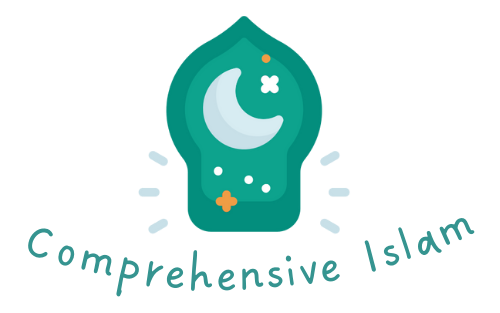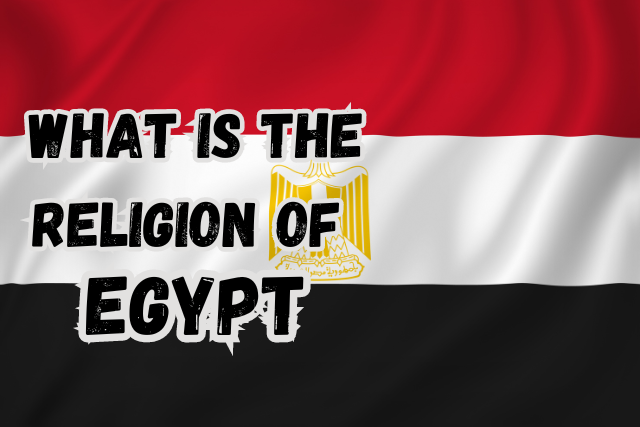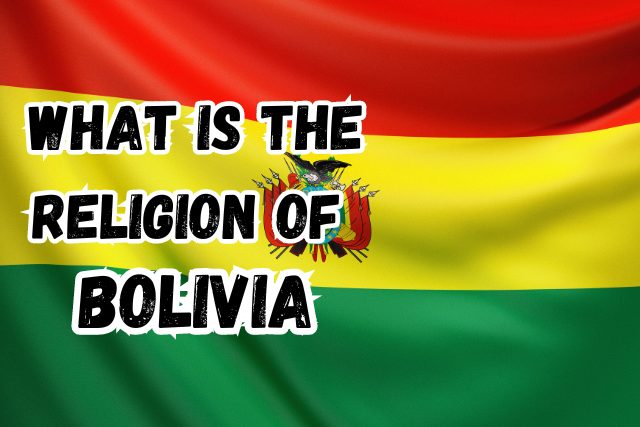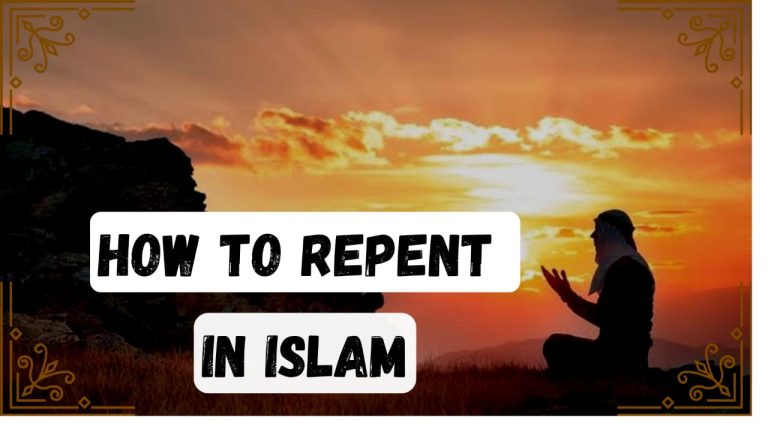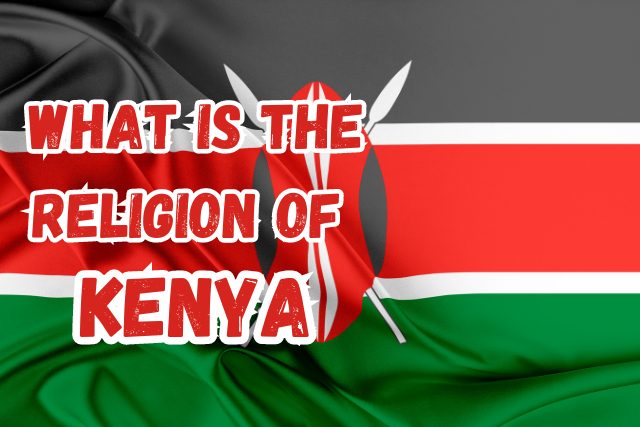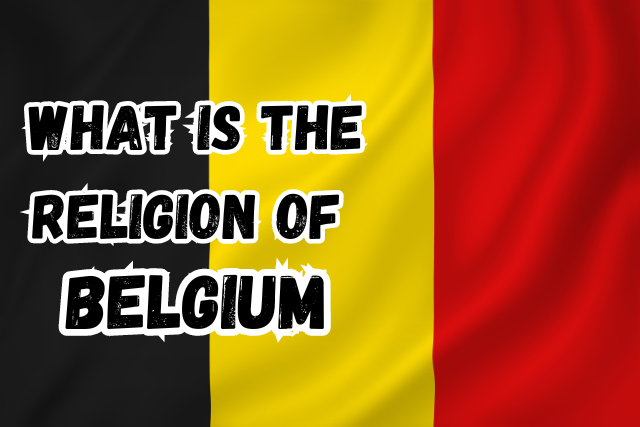What is the Religion of South Korea?
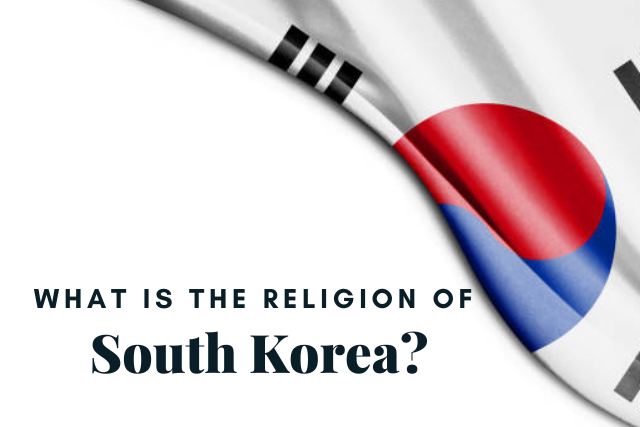
South Korea, a vibrant and culturally rich nation, boasts a diverse religious landscape that reflects its intricate history and dynamic societal fabric. From ancient indigenous beliefs to the introduction of Christianity and Buddhism, the religious tapestry of South Korea is a captivating mosaic of tradition and modernity. In this comprehensive exploration, let’s delve into the question: What is the religion of South Korea? We’ll uncover the origins, influence, and contemporary significance of the various religious affiliations present in this fascinating country.
Let’s explore what makes up South Korea’s religious life!
What is the Religion of South Korea?
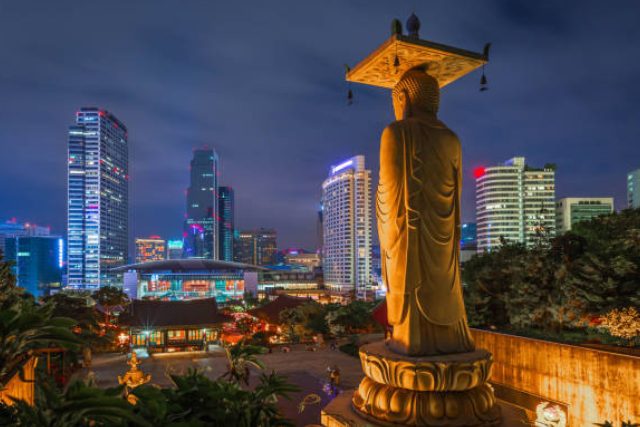
In South Korea, people believe in different things. About half of the people don’t follow any religion. But Christianity and Buddhism are the main religions there. Among Christians, most are Protestant, and then there are Catholics. Buddhism has been around since a long time ago, since 372 AD. It has shaped Korean culture a lot, seen in the beautiful temples all over the country. Even though fewer people follow Buddhism now, about 16% of South Koreans still believe in its teachings.
Non Religious
One surprising aspect of South Korea’s religious landscape is the significant portion of the population, roughly half, who identify as having no formal religious affiliation. This trend is particularly prominent among younger generations, with nearly two-thirds of 20-year-olds opting out of organized religion. This phenomenon can be attributed to various factors, including Korea’s rapid modernization and growing secularism. Interestingly, this trend stands in stark contrast to North Korea, the country’s northern neighbor, where the government promotes a state ideology in place of traditional religions.
Buddhism: A Religion with Ancient Roots

Buddhism has been around in Korea for a very long time, since way back in 372 AD! It used to be a really important part of Korean life, and you can still see its influence today in the many beautiful temples scattered across the country. Even though it’s not quite as popular as it used to be, around 16% of South Koreans still consider themselves Buddhist.
Christianity: Finding Faith in a New Way

Christianity is a newer religion in Korea, but it’s become quite popular. About a third of South Koreans, or 33%, identify as Christian. There are two main types of Christianity in Korea: Protestant and Catholic. Protestant is slightly more popular, with about 16% of people following it, while Catholicism has around 6%. This rise in Christianity happened around the same time Korea was trying to become a more modern country, and some people saw Christianity as a symbol of progress.
Whispers of the Past: Shamanism and Confucianism
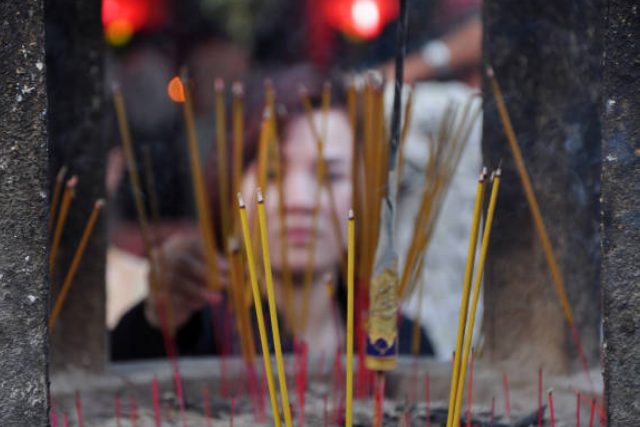
Other beliefs are important to Korean culture, even if they’re not counted as official religions. These include Shamanism, which is an ancient belief system that involves connecting with spirits, and Confucianism, which focuses on social harmony and respect for elders. While official numbers might not show how many people follow these traditions, they’re still important to many Koreans, especially in rural areas. People might use Shamanism for things like cleansing rituals or honoring their ancestors, and Confucian values like respect for family and parents are still very strong in Korean society.
Don’t Just Look at the Numbers: The Bigger Picture
Here’s the thing: understanding religion in South Korea is about more than just looking at statistics. Here’s why:
- Mixing and Matching Beliefs: Many Koreans don’t just stick to one religion. They might take parts of different traditions that they find meaningful and create their own personal way of believing.
- Remembering Ancestors: Respecting and honoring ancestors is a huge part of Korean culture, and it’s not necessarily tied to a specific religion. This practice helps families stay strong and connected.
- History Matters: The history of Korea, with things like wars and being divided into two countries, has definitely affected its religious landscape. Christianity became a symbol of hope during times of hardship, while Buddhism faced challenges during certain periods.
What’s Next for Religion in South Korea?
It’s hard to say exactly what will happen with religion in South Korea in the future. Maybe more people will choose not to follow any religion, or maybe there will be a renewed interest in older traditions. One thing’s for sure: South Korea’s religious beliefs will keep on changing and evolving, just like the country itself.
FAQs About What is the Religion of South Korea
What’s the main religion in South Korea?
There isn’t actually one main religion in South Korea! It’s a fascinating mix. Christianity and Buddhism are the biggest players, with roughly a third of people following Christianity (mostly Protestant) and 16% following Buddhism. But interestingly, around half of South Koreans don’t identify with any specific religion.
Why do so many Koreans not follow a religion?
There’s no single answer, but it likely has to do with South Korea’s rapid modernization in recent decades. Many younger people might be more focused on technology and worldly success than traditional religious practices.
What about other beliefs like Shamanism and Confucianism?
These aren’t considered official religions, but they’re still important parts of Korean culture. Shamanism, an ancient practice of connecting with spirits, is sometimes used for rituals or honoring ancestors. Confucianism, with its focus on respect for elders and family harmony, remains a strong influence in Korean society, especially in rural areas.
How does Korean history play into religion?
Korea’s past definitely has a say in its religious landscape. Christianity became popular during times of modernization, while Buddhism faced challenges during periods of political unrest. It’s all connected!
What’s the future of religion in South Korea?
It’s hard to predict! Maybe more people will choose no religion, or maybe there will be a renewed interest in older traditions. One thing’s for sure, South Korea’s religious beliefs will keep evolving and changing along with the country itself.
Summing Up
South Korea’s religious identity is a complex interplay of tradition and modernity, shaped by historical legacies and contemporary influences. As the country progresses, its religious landscape will continue to evolve, offering a dynamic blend of faiths and practices. Understanding South Korea’s religious tapestry provides insight into the intricate relationship between culture, spirituality, and societal change.
